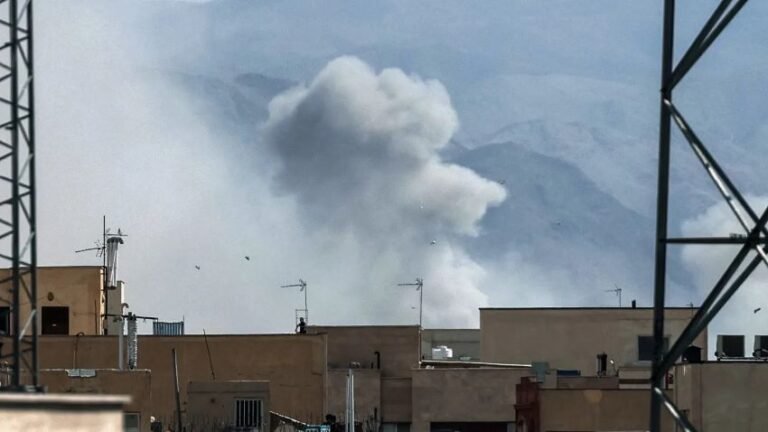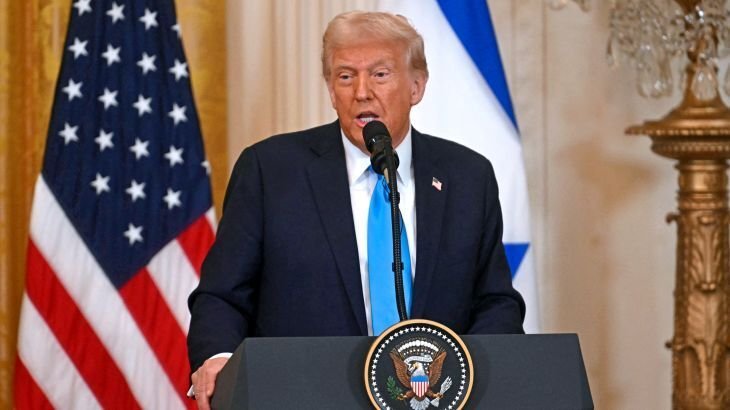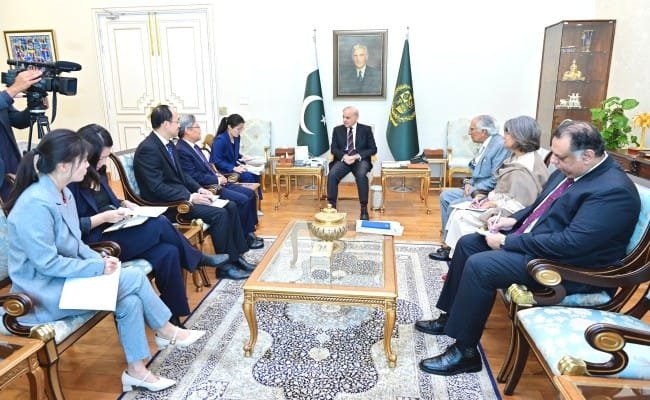Washington (TDI): A day after the United States slapped sanctions on Pakistan Missiles development agency and three of its vendor companies, a senior White House official accused Islamabad of developing long-range ballistic missile capabilities that could eventually allow it to strike targets outside of South Asia, including in the US.
US Deputy National Security Adviser Jon Finer said that Pakistan’s conduct raised “real questions” about the objectives of its ballistic missile programme.
Finer said, “Candidly, it’s hard for us to view Islamabad’s actions as anything other than an emerging threat to the US,” according to Reuters.
He noted that Pakistan has developed more advanced missile technology, including long-range ballistic missile systems and equipment capable of testing larger rocket motors,” he said.
Also Read: US Opposes Pakistan’s Ballistic Missile Program
If these trends persist, Finer said, “Islamabad will have the capability to hit targets well beyond South Asia, including the US.”
This came a day after the US State Department announced new sanctions related to ballistic missile development programme of Pakistan, targeting the National Development Complex (NDC) and three Karachi-based firms.
Pakistan’s Response
The Foreign Office had, earlier on Thursday, denounced the US sanctions as “discriminatory”, cautioning they could exacerbate the regional power imbalance.
Foreign Office spokesperson Mumtaz Zahra Baloch said that such discriminatory practices and double standards not only undermine the credibility of non-proliferation regimes but also endanger regional and global peace and security.
She said that Pakistan’s strategic programmme was defensive in nature.
“Pakistan’s strategic capabilities are only to defend its sovereignty and preserve peace and stability in South Asia,” she said.
Also Read: Pakistan Slams US Sanctions as ‘Biased’
The latest US sanctions were imposed under Executive Order 13382, aimed at alleged proliferators of weapons of mass destruction and their delivery systems.
The Foreign Office statement criticized sanctions on private commercial firms, labelling them as based on “mere doubts and suspicion without any proof.”
It further criticized what it termed Washington’s “double standards”, citing past waivers of advanced military technology transfers to other nations — a reference to India.
Farkhund Yousafzai is an Associate Editor at The Diplomatic Insight.
- Farkhund Yousafzai
- Farkhund Yousafzai
- Farkhund Yousafzai















